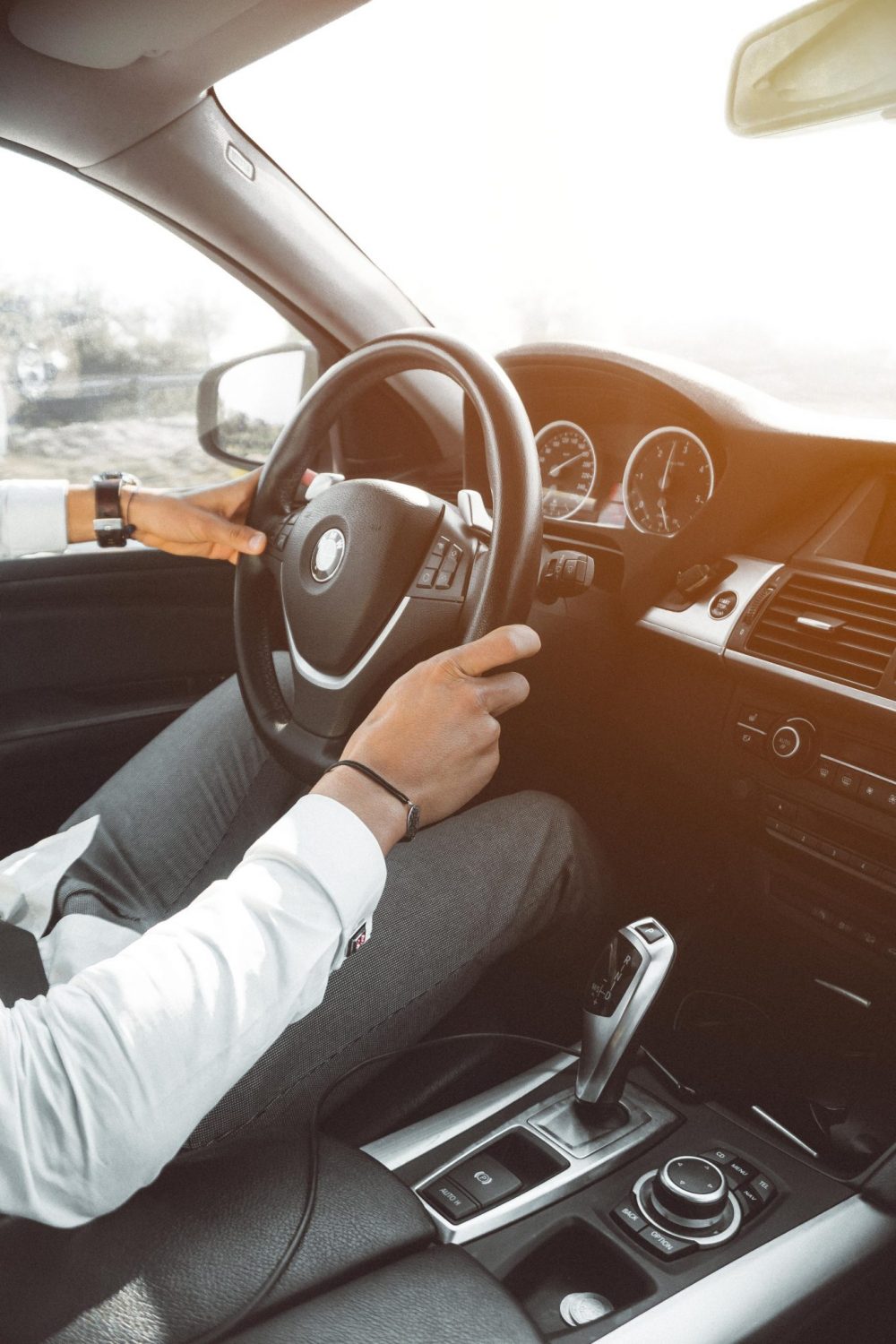A family car is a complex machine that is expected to tolerate many different kinds of stress. It might need to deal with a winter school run in freezing temperatures, as well as summer road trips beneath scorching sunshine.
Getting the most from your vehicle means performing a few additional safety checks. These checks will often help you to eke more performance from the vehicle, as well as lowering the risk for everyone who travels in it. Let’s take a look at a few of those essential checks.

Tyre Condition and Pressure
Your tires are designed to be periodically replaced. The more miles you’re driving, the more often this replacement should take place. If the tread has worn lower than 1.6mm, then you’re legally obliged to swap the tyres immediately. But even well before this limit has been reached, you’ll suffer a loss of grip that can hugely increase your stopping distances.
You can often find local suppliers for your tire needs which makes it significantly easier. Look where you are located for your tires, for example, if you’re based in Bedfordshire, then it makes sense to look for tyres in Luton; or if you’re based in another county, looking either in your local town or city is more appropriate.
Your tyres will only perform at their optimum if they’re being inflated to the right pressure. This should be done regularly. Make a habit of doing it at the weekend, as you work your way through the rest of your household chores.
Lights and Indicators
If your lights aren’t working, then your visibility will be reduced. You might, as a result, be unable to see the hazards in front of you. This applies especially during winter, when the nights roll in sooner – and visibility might be poor during the daytime, too.
Keep a supply of spare bulbs in the vehicle, and learn how to install them. Check the lights periodically, at the same time as you check the tires. Do the same with your brake lights and indicators, too.
Fluid Levels – Oil, Coolant, and Windscreen Wash
Your car depends on a number of essential fluids. These include oil, which keeps your engine lubricated; coolant, which keeps your engine cool; and screen wash, which allows you to clear the windscreen. When any of these fluids run too low, the performance – and safety – of the vehicle will begin to suffer.
Brake and Steering Functionality
If you are unable to properly control the vehicle, then it will be unsafe (and possibly illegal) to drive. This means paying attention to the driving experience, and getting a mechanic to look at the car whenever you suspect a problem with the brakes or steering. In many cases, subtle problems can develop into substantial ones – so make sure that you get the vehicle looked at as soon as possible, after you notice that something doesn’t feel right.





Leave a Reply